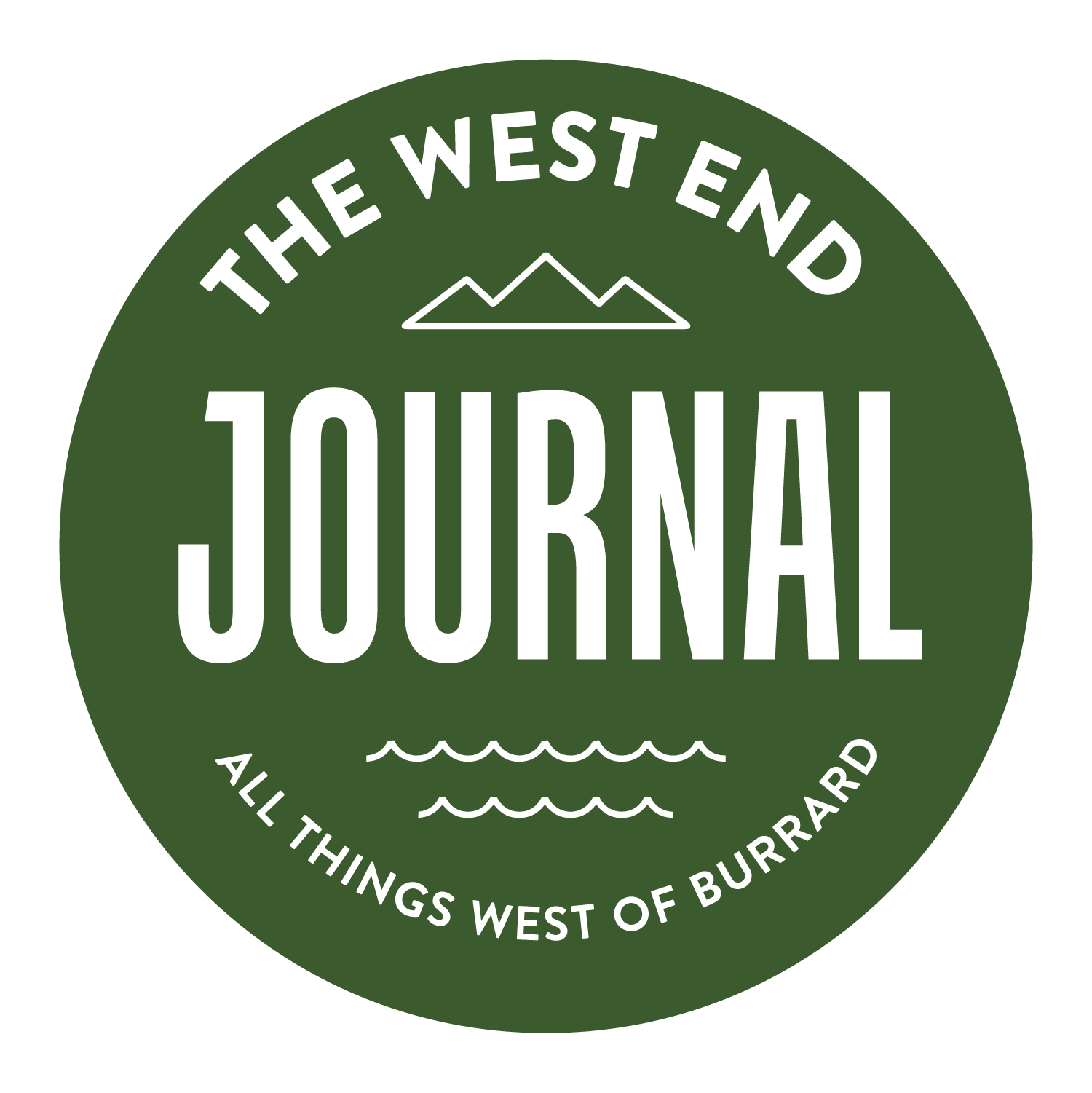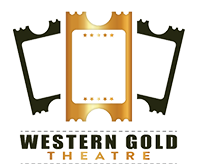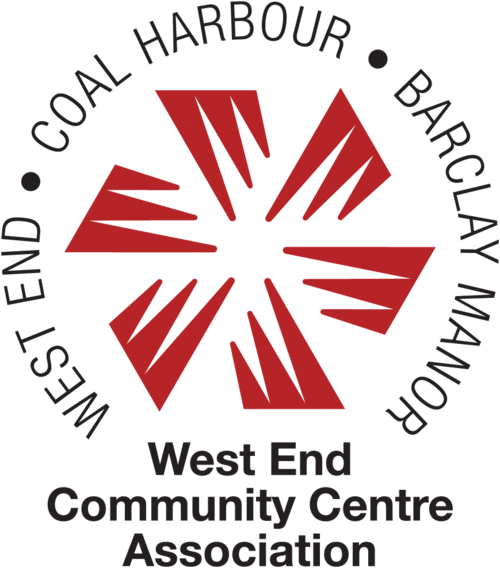WEST END VOICES
/REMEMBERING “ROBSONSTRASSE”
Robson Street in the ‘50s with Galloway’s and the Schnitzel Haus in the background.
(click on all images to enlarge)
by Monika Forberger
“Robsonstrasse” was the nickname given to a two-block stretch of Robson Street between Burrard and Bute Streets in the early 1950s, when the street became an enclave of European stores. Because of the huge influx of Germans, they ran many of these shops, usually with great success.
Robsonstrasse was home to businesses known across the city, like Murchie's Teas, which opened in 1939. Customers were usually served by the two middle-aged Murchie sisters who had carried on the family business started by their father. Murchie's would make a special blend for you – our family had a mocha-java mixture which we bought for years. Apparently the head office still retains the old ledgers with information on the hundreds of blends they made for their customers over the years. Like most of the stores along Robsonstrasse, it was a family-run business, carried on in the old houses which lined the street.
Prinz Deli.
For many years a restaurant owner from Seattle came up regularly to purchase a special coffee blend at Murchie’s. That restaurant later became Starbucks, successful probably because of the great coffee they bought on Vancouver's “Robsonstrasse.”
Shops like Freybe's introduced Vancouverites to a delectable and astounding selection of homemade sausages, remarkable cheeses and “belegte brötchen” (open-faced sandwiches). Freybe's, with its wonderful array of fresh and a selection of more than 70 types of sausages and prepared meats was yet another family-run business, now a business empire unto its own.
There were more European delicacies and elegance at the Mozart Konditorei, a bakery cum tea shop specializing in German and Austrian pastries. Here you could sit and enjoy your treats while sipping on a good cup of coffee or tea. It was a concept new to the city but quickly embraced by Vancouver's food lovers. The Budapest Cafe brought more enticing cuisine from the Austro-Hungarian empire, always served with flair. The Schnitzel House and the Danish Tea Room made shopping and dining along Robsonstrasse an international event.
1222 Robson Street -- now the location of D'oro Gelato e caffe
Residents of the West End preferred to shop locally, and they wanted things fresh. Fresh was definitely the order of the day in the greengrocer's and especially at The Egg Man. In a minuscule-sized shop the diminutive owner, always clad in white, sold the freshest eggs direct from the farm, and carved portions out of huge wheels of cheese for his customers. At the end of the day, he would throw the crumbs from the cheese wheels out onto the street for the birds. He sold nothing but cheese and eggs, but he met the rent and looked after his family – businesses here supported themselves.
On the north side, next to The Card Shop was Molly's Spice Shop which claimed to have the largest selection of spices and herbs in the city. Molly's also sold more than 120 types of coffee and tea, as well as coffee mills, teapots and the mugs from which to drink your brew.
For more special ingredients for your cooking, there was Galloway's. It was a large aroma-laden shop, always busy, but everyone who worked there was friendly and helpful. The herbs and spices and the aromas were mesmerizing. Everyone working there knew what they were selling. One day my mother sent me to buy an ingredient for a meal she was making. I didn't recognize the item and asked, “What's this?”
“Don't worry, the ladies at Galloway's will know,” she said. And they did.
Besides the food emporiums, there was The European News. They brought in European newspapers and magazines and sold chocolates, crystal and perfumes. It soon became the highlight of any stroll along Robson. My friend, Fred Morley, purchased elegant home decorating magazines so frequently that the owner, Mrs. Schmidt once greeted him in German. When he explained he didn't understand her, she was surprised. “But you buy all the German magazines.”
The Manhattan Apartments — an enduring Robson Street landmark. (Photos Vancouver City Archives)
Fred also recalls the unique appeal of the street. “Robsonstrasse” was, he says, “An exotic street. It had a street culture. People came down here to enjoy themselves. There was always kinetic energy in the neighbourhood. It was a neighbourhood street. There was usually a shop front, but the old houses were still behind and above them. There was a huge Chinese greengrocer, last of its type between Thurlow and Bute, and like so many other shops, in a large family home. The mother of a friend of mine leased the upstairs “hotel” section of the house and rented out rooms. Some people used to stay there for a long time, I guess because it was convenient.
“It was so much fun to come down here because it was so foreign. As an 18-year old this was an exotic part of town. My mother and father used to go to the German shoe store and shopped in a couple of men’s' shops featuring European fashions.”
The Card Shop, at the south-west corner of Burrard and Robson probably had the best collection of greeting cards in North America. Directly across the street was the new Vancouver Public Library, featuring a statue by Vancouver sculptor Lionel Thomas in the lobby. Just a bit further east, though not truly a part of Robsonstrasse, was Duthie's Books, renowned for its extensive collection and knowledgeable owner, Bill Duthie. It was also renowned for its immense basement which, during the summer was as hot as an oven, thanks to sunlight streaming through the glass pavement blocks on the pavement in front of the store.
Robsonstrasse took on a different mantle after Expo ‘86. Within a few years, the charm and comfortable family-like ambience that had been Robsonstrasse gave way to an array of elegant and enticing world-renowned shops. Today the street has a different allure with trendy shops and chic coffee shops. For visitors to Vancouver, it is the “go-to” shopping district.
Perhaps in the future, it will take on yet another “persona,” much like a good character actor improves with each new role. But for me, and many other West End residents past and present, there will always be the memory of “Robonstrasse.”






